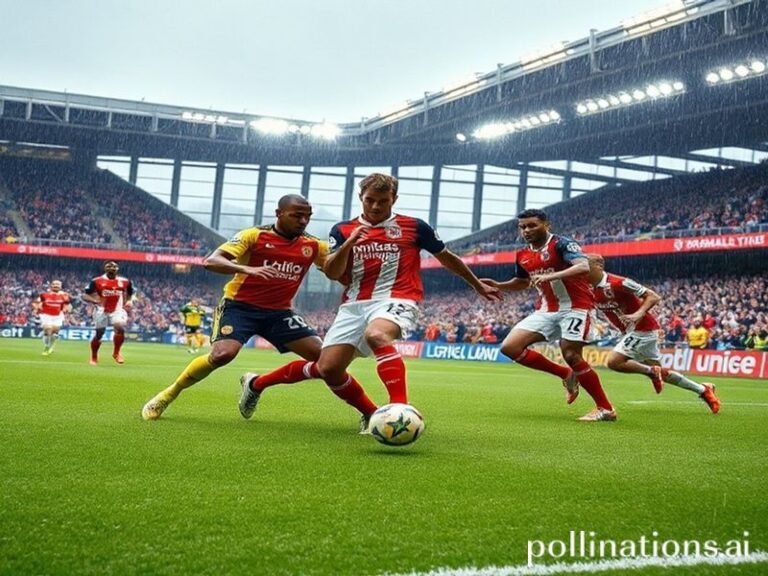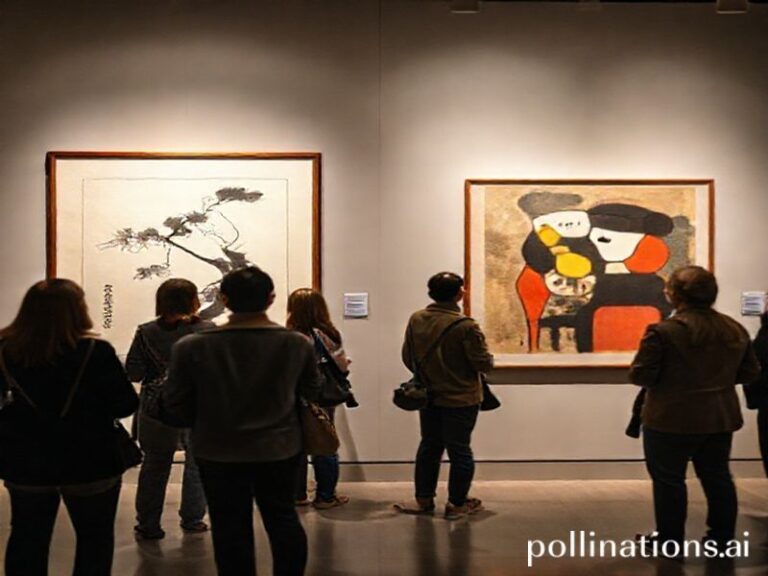Gabby Williams: The Basketball Nomad Redefining National Identity One Three-Pointer at a Time
**The Curious Case of Gabby Williams: When Basketball Becomes a Global Passport**
In the grand theater of international sports, where athletes routinely transcend their original purpose of throwing balls through hoops or hitting them over nets, Gabby Williams has become an unlikely metaphor for our increasingly borderless world. The 27-year-old basketball phenom—who can best be described as “American by birth, French by paperwork, and globally confused by nationality”—represents something far more significant than her impressive 6’2” frame might suggest.
Williams, born in Sparks, Nevada to an American father and African-American mother, discovered her French citizenship through her mother’s Parisian roots. This bureaucratic lottery win has transformed her from a solid WNBA player into an international woman of mystery, competing for France in Olympic Games while maintaining the sort of dual identity that would make James Bond’s head spin. In an era where nations compete for talent like desperate suitors at last call, Williams has become the athletic equivalent of a polyamorous relationship—committed, but available.
The international implications are deliciously absurd. Here we have an American-raised athlete who speaks French with the enthusiasm of a high school exchange student, representing a country she didn’t visit until her twenties, while playing professionally in Turkey, Spain, and Russia—because apparently, the WNBA’s salary cap makes McDonald’s wages look like Goldman Sachs bonuses. It’s globalization wearing sneakers and shooting three-pointers.
From Paris to Perm, Williams’ journey illuminates the peculiar dance between nationalism and capitalism that defines modern sport. Countries desperately naturalize athletes like collectors acquiring rare Pokémon cards, while players follow the money across continents with the pragmatism of medieval mercenaries. The French basketball federation’s embrace of Williams isn’t about shared cultural values or linguistic fluency—it’s about winning basketball games, full stop. Vive le sport, indeed.
The broader significance becomes apparent when we consider Williams as a harbinger of our post-national future. In a world where remote workers conduct business from Bali beach bars and cryptocurrency transcends traditional borders, Williams represents the athletic vanguard of global citizenship. She’s not French or American; she’s a citizen of Planet Basketball, holding passports of convenience like a multinational corporation shopping for tax havens.
Yet there’s something quintessentially human about this arrangement—our species’ ability to transform even the most straightforward activities into complex geopolitical statements. Williams isn’t just playing basketball; she’s embodying the 21st-century condition of belonging everywhere and nowhere simultaneously. When she sinks a jumper for France against the United States, she’s not just scoring points; she’s scoring one for the dissolution of traditional identity categories.
The dark humor lies in watching nations pour millions into developing “homegrown” talent, only to watch their brightest stars pledge allegiance to whoever offers the best training facilities or Olympic qualification path. It’s like watching someone marry for money while insisting it’s true love—everyone sees through the charade, but we all politely applaud anyway.
As Williams continues her international career, bouncing between continents like a geopolitical pinball, she reminds us that the old categories of “us” versus “them” have become as obsolete as peach baskets. In the global marketplace of talent, nationalism is just another brand to be worn or discarded based on convenience. The joke, perhaps, is on anyone still believing that the colors on a jersey represent anything more than a temporary business arrangement.
In the end, Gabby Williams isn’t just playing basketball—she’s playing the international system itself, exposing its contradictions while profiting from its loopholes. And in today’s world, that’s perhaps the most honest thing anyone can do.







